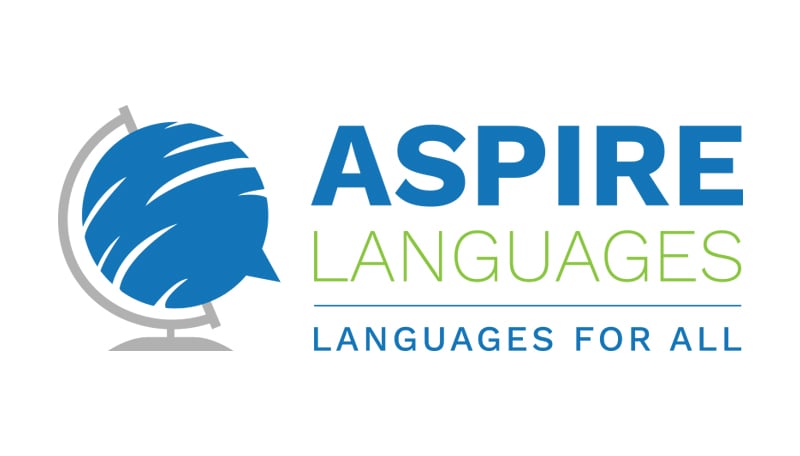♫ You can also listen to an extended version of this blog post here ♫
Being able to pronounce words correctly is so important to ensure you can be understood when you’re speaking French and this can be quite tricky because of silent letters, accents and different vowel combinations. In my blog from May last year, I spoke about creating go-to words which can be very helpful if you are working on specific sounds.
Today, I want to take the idea of practising pronunciation a little further than just practising the pronunciation of individual words. In addition to this, it is very beneficial to practise the pronunciation of words within sentences because they can often sound different. I also think that by becoming more aware of this in your spoken French, it will also help your listening comprehension too. The 3 mains reasons for these changes in French and they are liaison, ‘enchaînement’ and elision.
Liaison is the process of pronouncing a usually silent consonant at the end of word because the following word starts with a vowel. For example,
‘les’ which means ‘the’. The ‘s’ is usually silent:
les chaises, les maisons, les crayons
However, if the word following ‘les’ begins with a vowel, you pronounce the ‘s’ – which sounds more like a ‘z’:

Another example is the word ‘le temps’ which means time and also weather. To say ‘le temps’, you don’t pronounce the ‘p’ or the ‘s’. However, in the lovely expression ‘de temps en temps’ (which means ‘from time to time’), you pronounce the ‘s’ of the first ‘temps’ because it is followed by ‘en’ – so you follow the pattern of liaison - but not the ‘s’ of the second ‘temps’.

‘Enchaînement’ is different to liaison as this is the process of pronouncing a consonant that you would usually pronounce but moving it to the start of the following word. For example
To say the number ‘8’, you would say ‘huit’. If you wanted to say, he is 8 years old’, you would say:

If, like me, you like using the conjunction ‘donc’ which means ‘so’ and ‘therefore’, you may already be using ‘enchaînement’. For example:

Elision is very similar to the contraction that we use in English such as ‘I don’t’, ‘I’d like’, ‘he’ll’ and is also shown with the use of an apostrophe. It is usually used in French to replace a vowel to help pronunciation. For example:




